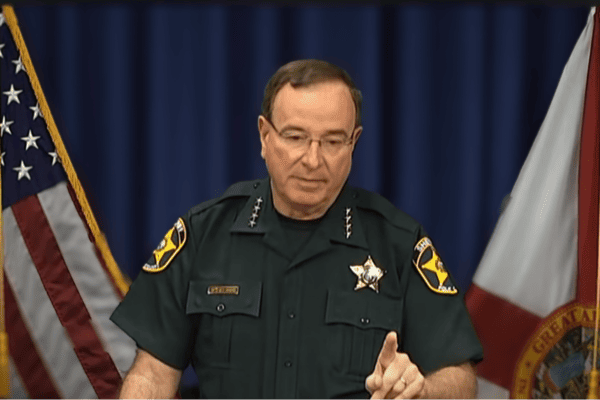DeSantis signs election reform bill that ensures he can run for president without resigning

TALLAHASSEE, Fla. (FLV) – Gov. Ron DeSantis signed an election overhaul bill into law Wednesday ahead of his presidential bid announcement.
While the bill deals with several different aspects of Florida’s election laws, it also clarifies that the governor can run for president without being required to first resign from his position.
The legislation includes a change that exempts officeholders seeking the position of U.S. president or vice president from the state’s “resign-to-run” law.
If DeSantis seeks the office of president, he would no longer need to resign unless he wins the 2024 election and is inaugurated in 2025.
The new law also addresses changes to third-party voter registration organizations and public records exemptions.
Reps. Lawrence McClure, R-Dover, and Michelle Salzman, R-Escambia County, introduced the bill on the House floor. Sen. Travis Hutson, R-Palm Coast, carried the bill in the Senate.
The bill provides mandatory formal signature matching training to supervisors of elections and county canvassing board members.
It will also require supervisors of elections to coordinate with their local clerk of court to receive updates on people convicted of felonies.
Third-party voter registration organizations help gather voter registration applications. The bill would require these organizations register for certain election cycles.
Those organizations need to also provide voters with a receipt to prove they had accepted their voter registration application.
The legislation shortens the time frame to return voter registration applications to the state from 14 to 10 days or else they face increased fines.
Those third-party voter registration groups would not be allowed to make copies of a voter’s application and personal information including a social security number or signature, or face a third degree felony.
Regarding candidate oaths, a candidate would be required to write whether they owe any outstanding fines more than $250 for any ethics violations.
The law said every year the supervisor of elections would conduct an annual review of voter registration records. If the supervisor has “reasonable belief” that registration records are not legal residential addresses, the supervisor can initiate list maintenance.
It also addresses a “voter guide,” which tends to include information on who to vote for. It clarifies that a person needs written permission in order to represent that a voter guide is an official publication of a political party.



